Timaeus
Timaeus
Of all the writings of Plato the Timaeus is the most obscure and repulsive to the modern reader, and has nevertheless had the greatest influence over the ancient and mediaeval world. Translated by Benjamin Jowett.
Book Excerpt
ught of arranging any of them, besides the two 'Trilogies' which he has expressly connected; was ever present to his mind. But, if he had arranged them, there are many indications that this is not the place which he would have assigned to the Timaeus. We observe, first of all, that the dialogue is put into the mouth of a Pythagorean philosopher, and not of Socrates. And this is required by dramatic propriety; for the investigation of nature was expressly renounced by Socrates in the Phaedo. Nor does Plato himself attribute any importance to his guesses at science. He is not at all absorbed by them, as he is by the IDEA of good. He is modest and hesitating, and confesses that his words partake of the uncertainty of the subject (Tim.). The dialogue is primarily concerned with the animal creation, including under this term the heavenly bodies, and with man only as one among the animals. But we can hardly suppose that Plato would have preferred the study of nature to man, or that he would have deemed the formatio
Editor's choice
(view all)Popular books in Philosophy, Classic, Fiction and Literature
Readers reviews
0.0
LoginSign up
Be the first to review this book
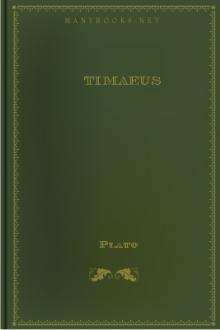
 Free Download
Free Download























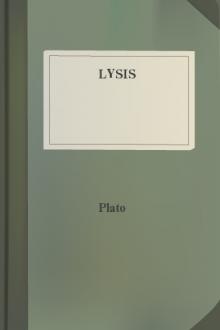
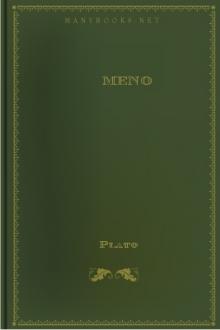
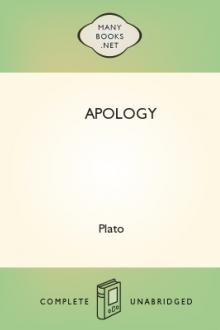
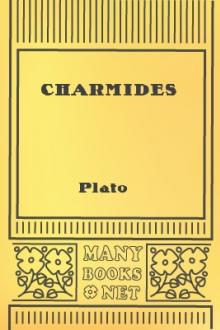
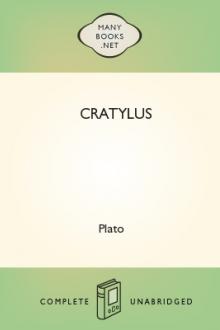
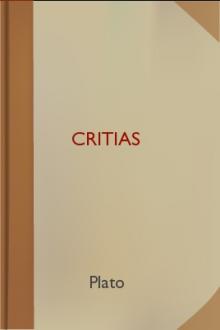
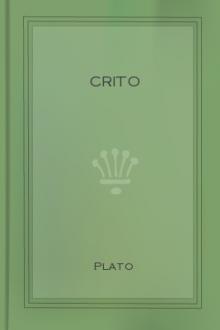
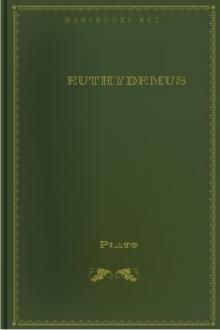
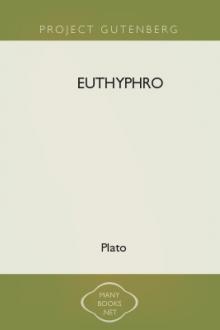
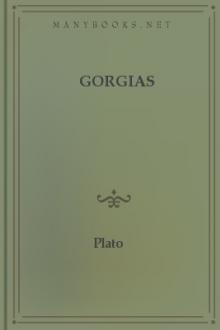
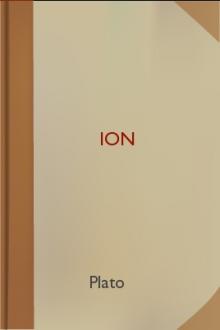
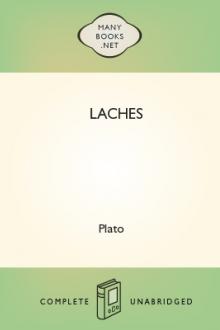
-itok=vcKIB5v1.jpg)